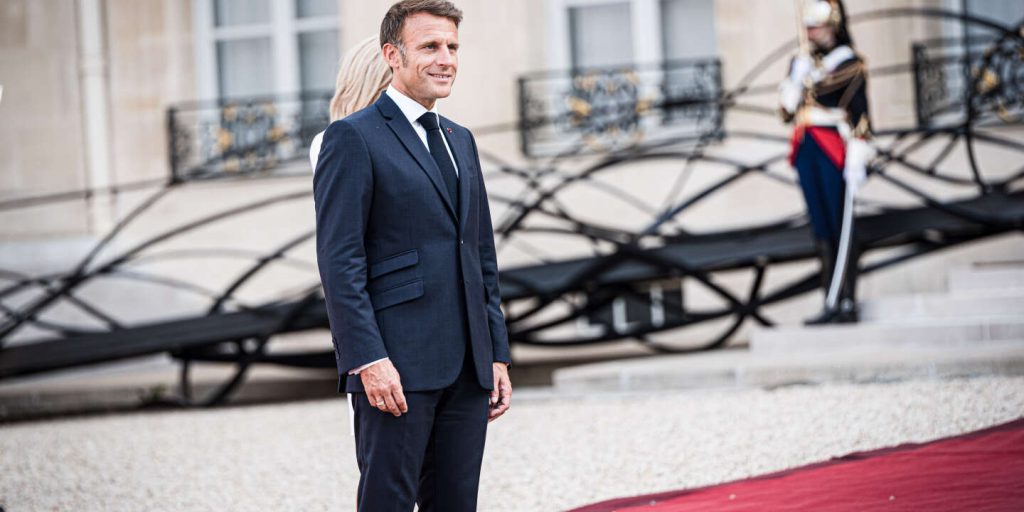Olivier Faure, the first secretary of the Socialist Party, spoke on RTL about the current political situation in France. He responded to criticism from Nicolas Mayer Rossignol, the mayor of Rouen, who accused the Socialist Party of being passive and not actively participating in negotiations. Faure dismissed this claim, stating that there have been no negotiations because it is not the role of the President to form coalitions. Faure made these comments while attending the Socialist Party’s summer university in Blois.
When asked about the possibility of the Socialist Party negotiating with other political parties such as the Greens, Republicans, or the centrist bloc supporting President Macron, Faure emphasized the need for compromise in Parliament. He pointed out that no party has an absolute majority, which means that the government must seek consensus and work together with other factions. Faure referenced a speech by Jean-Luc Mélenchon after the legislative elections, where he rejected the idea of a single-party project without compromise.
Faure expressed concern about what he sees as a democratic anomaly in France. He suggested that the French people may feel disillusioned by the current political situation, where the President has significant power to shape majority coalitions. Faure, along with other left-wing partners, has been calling on Emmanuel Macron to appoint a Prime Minister from the party that won the most seats in the recent elections. This reflects a broader trend among leftist parties in France to push back against what they perceive as an imbalance in power distribution.
The Socialist Party, under Faure’s leadership, is grappling with how to navigate the fragmented political landscape in France. With no party holding an absolute majority, coalition-building and compromise are essential for effective governance. Faure’s comments suggest a willingness to engage with other parties in Parliament while also emphasizing the need for respect for democratic norms. The Socialist Party’s presence at the summer university in Blois indicates a commitment to dialogue and political engagement amid shifting dynamics within French politics.
Overall, Faure’s remarks shed light on the challenges facing the Socialist Party and the broader left-wing coalition in France. As they seek to influence government decisions and policies, they are confronted with the reality of a fragmented political landscape and the need for consensus-building. Through dialogue and engagement with other parties, the Socialist Party is striving to uphold democratic principles and advocate for a fair distribution of power in the French political system. The outcome of these deliberations will inevitably shape the future trajectory of left-wing politics in France.














